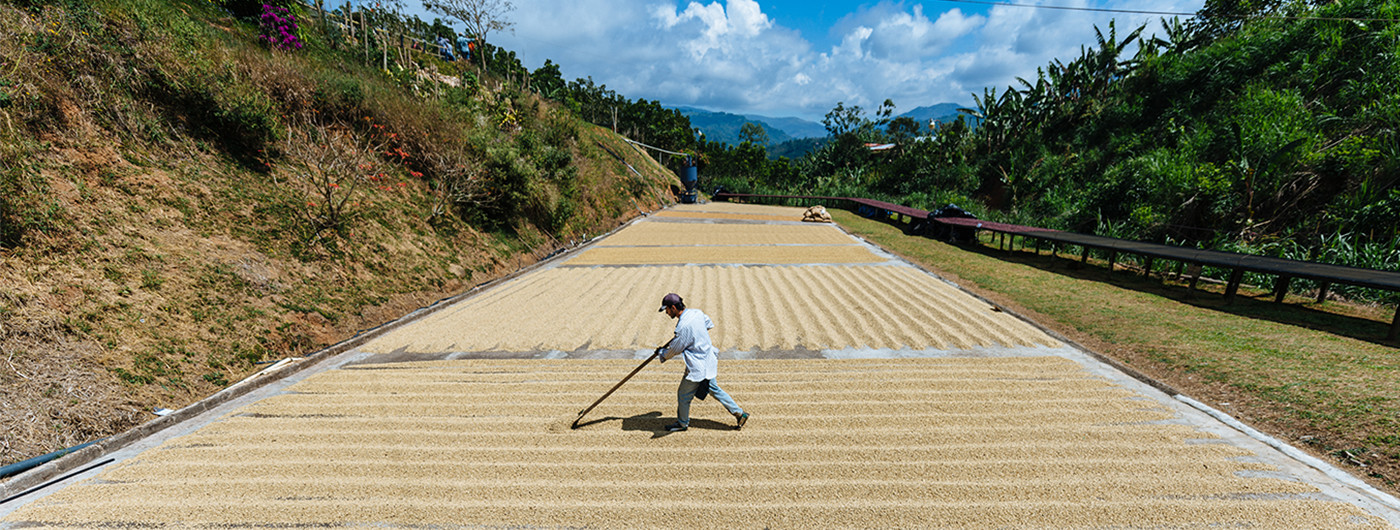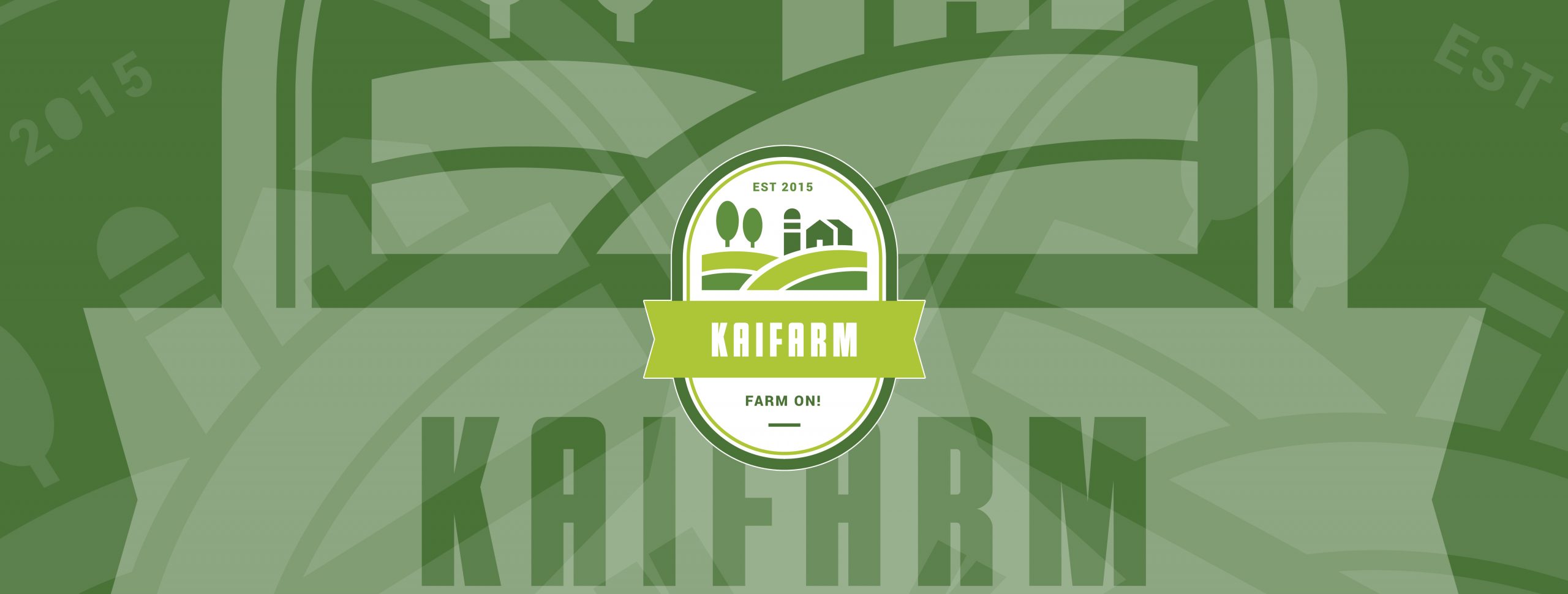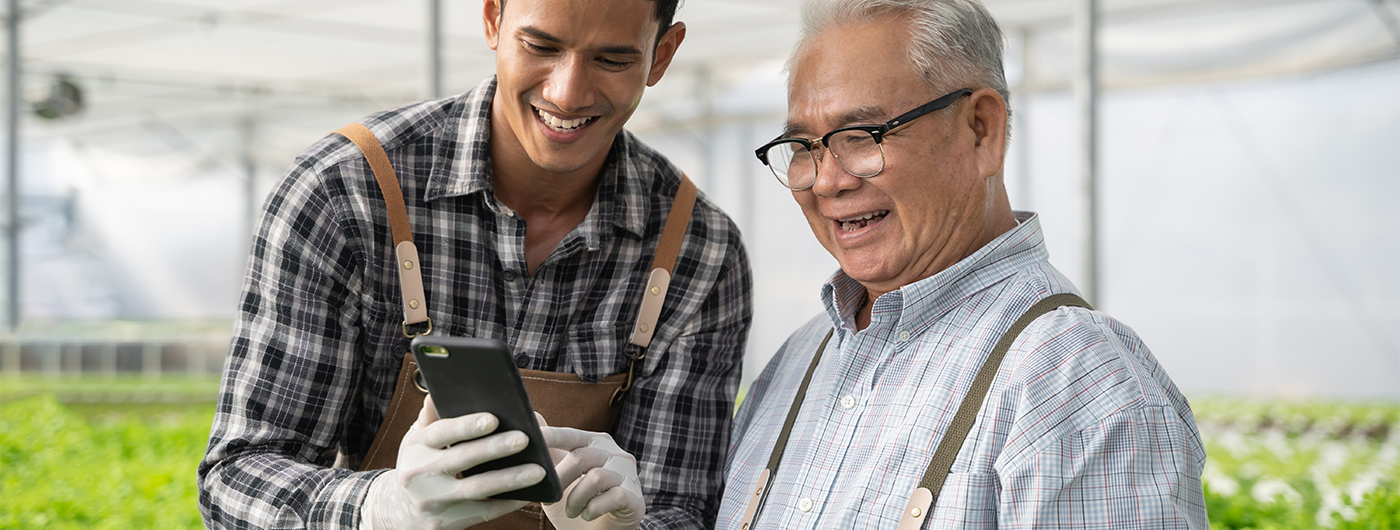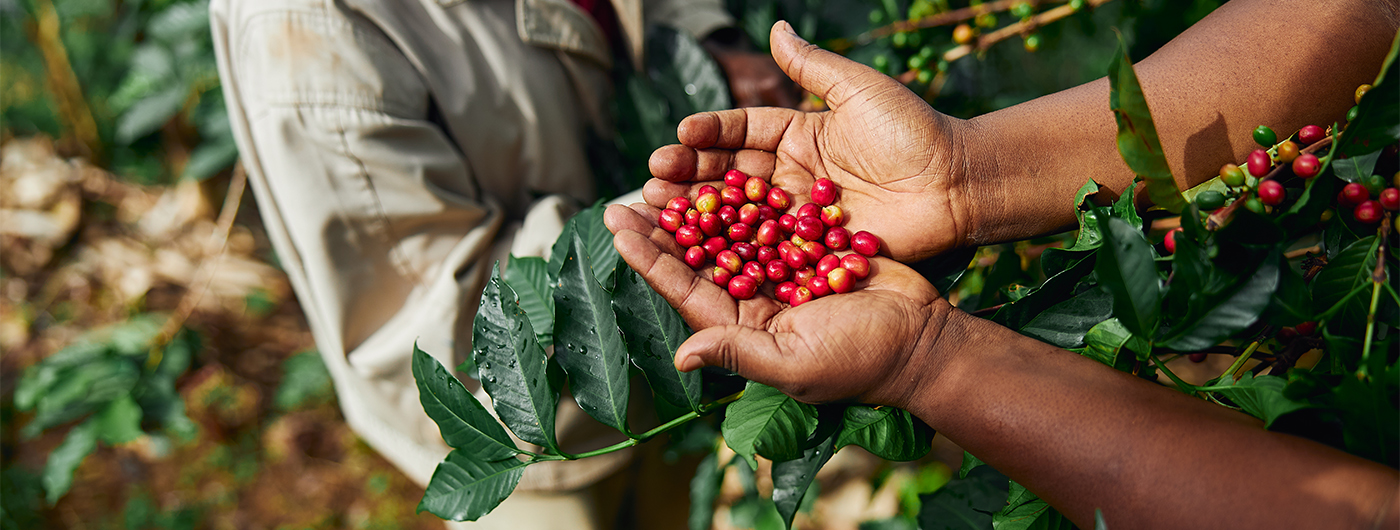

What is Ethically Sourced Coffee?
In the realm of coffee production, buzzwords like “fair-trade”, “organic”, and “direct trade” have become increasingly popular. They’re part of a broader concept known as ethically sourced coffee. But what does this term truly mean, and why should it matter to you as a coffee consumer?
Ethically sourced coffee refers to coffee that’s obtained in a responsible and sustainable way, with an emphasis on fair treatment and compensation for coffee farmers, as well as minimal environmental impact. It’s an umbrella term encompassing several specific practices and certification programs. Here’s a closer look at what ethically sourced coffee entails.
Fair Compensation for Farmers
A large portion of the world’s coffee is produced by smallholder farmers in developing countries, who often struggle with poverty and unstable income due to fluctuating market prices. Ethically sourced coffee aims to address this issue. For instance, fair trade coffee guarantees a minimum price for farmers, providing them with financial stability. Other ethical sourcing models, like direct trade, cut out intermediaries, allowing farmers to negotiate prices directly with coffee roasters and ensuring a larger share of the profits go to them.
Sustainable Farming Practices
Ethically sourced coffee also involves farming practices that are sustainable and minimize environmental harm. This might include organic farming, which avoids synthetic fertilizers and pesticides, or shade-grown coffee, which preserves native forests and the biodiversity within them. Other practices might involve water conservation, reducing carbon emissions, or improving soil health.
Social Development
Many ethically sourced coffee programs also invest in social development in coffee-growing communities. This could involve funding for schools, healthcare, or infrastructure, or providing farmers with training in areas like sustainable farming practices or business skills.
Certifications and Verification
There are several certifications that verify a coffee’s ethical sourcing, each with their own specific criteria. These include Fairtrade, Rainforest Alliance, and UTZ, among others. While these certifications provide a useful guide for consumers, they’re not the only indication of ethically sourced coffee. Many smaller coffee roasters engage in ethical sourcing practices but may not have formal certification due to the associated costs.
So, why should you care about ethically sourced coffee? Beyond the fact that it supports fair treatment for farmers and the environment, ethically sourced coffee often tastes better. The same care and attention that go into treating farmers fairly and preserving the environment often lead to superior coffee quality.
As consumers, we have the power to shape the coffee industry through our purchasing decisions. Choosing ethically sourced coffee is a simple way to contribute to a more sustainable and equitable global coffee industry. It might involve a bit more research, and possibly paying a slightly higher price, but it’s a small price to pay for coffee that’s not only high-quality but also aligns with our values.
KAI Farm Team ®


